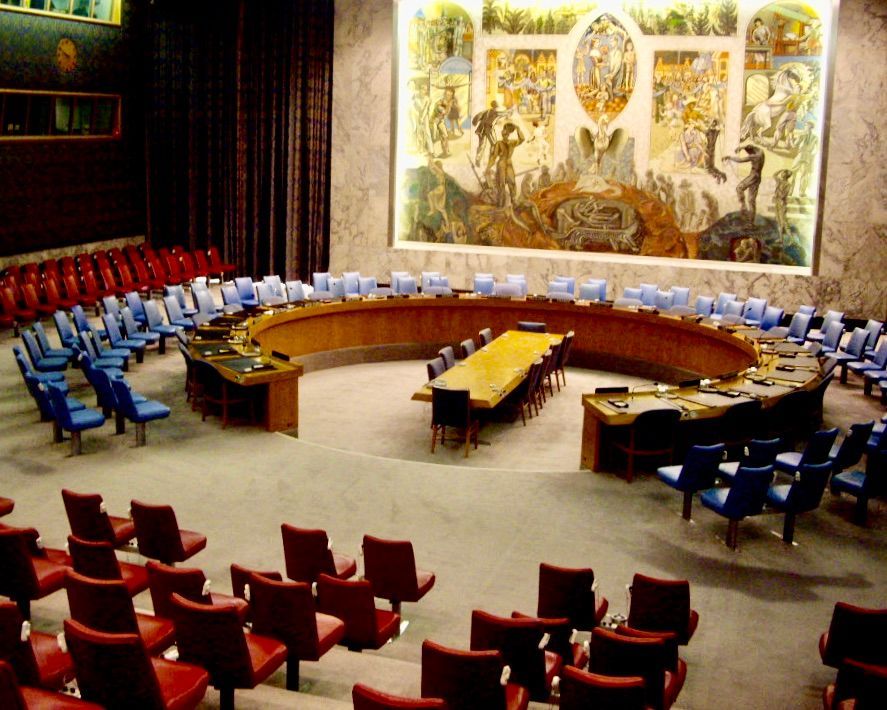UNITED NATIONS (AN) — Five nations won seats on the U.N. Security Council for the next two years, putting them in a position to influence global policies on peace and security at a time of war in Europe and major crises spanning the globe.
Ecuador, Japan, Malta, Mozambique and Switzerland gained seats on the United Nations' most powerful arm for 2023 and 2024. All of them ran unopposed but still had to gain the backing of at least two-thirds of the 193-nation U.N. General Assembly to be elected on Thursday.









